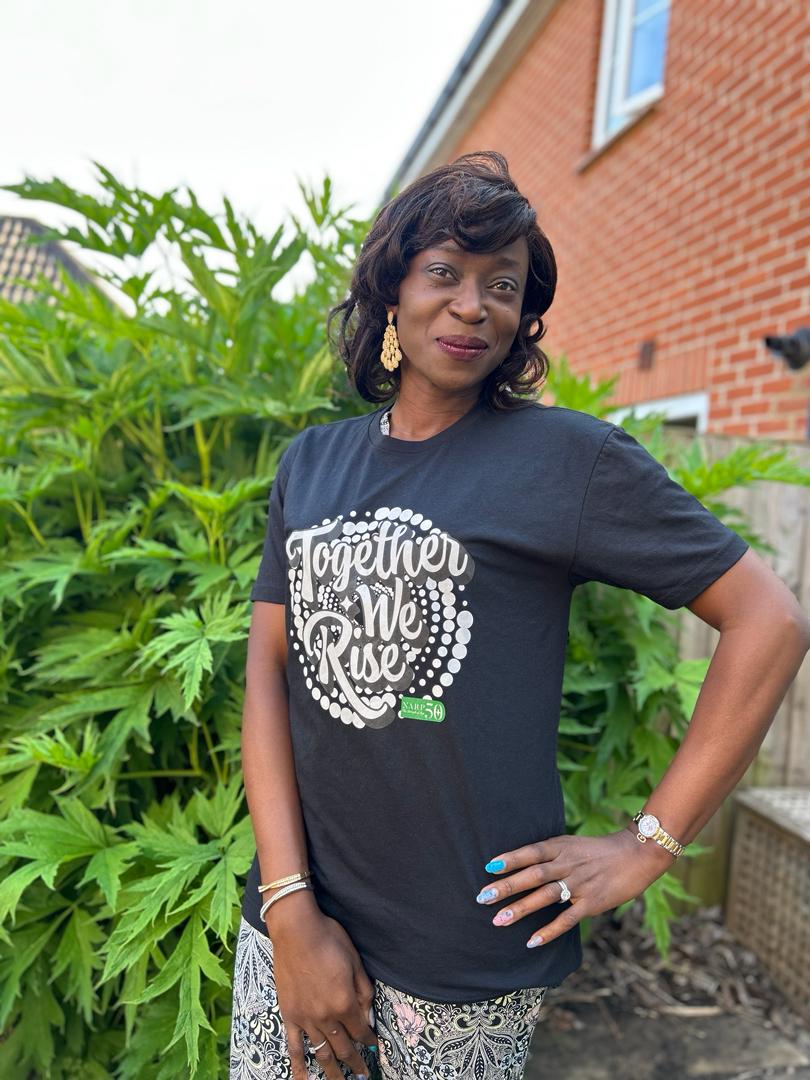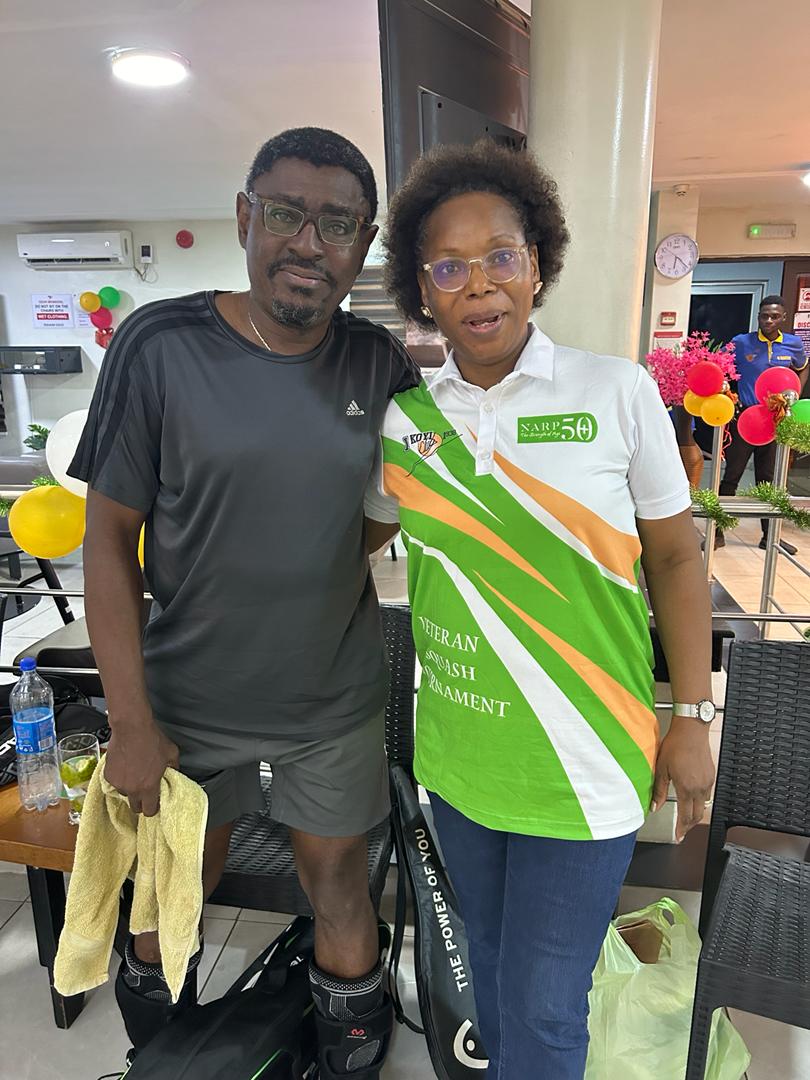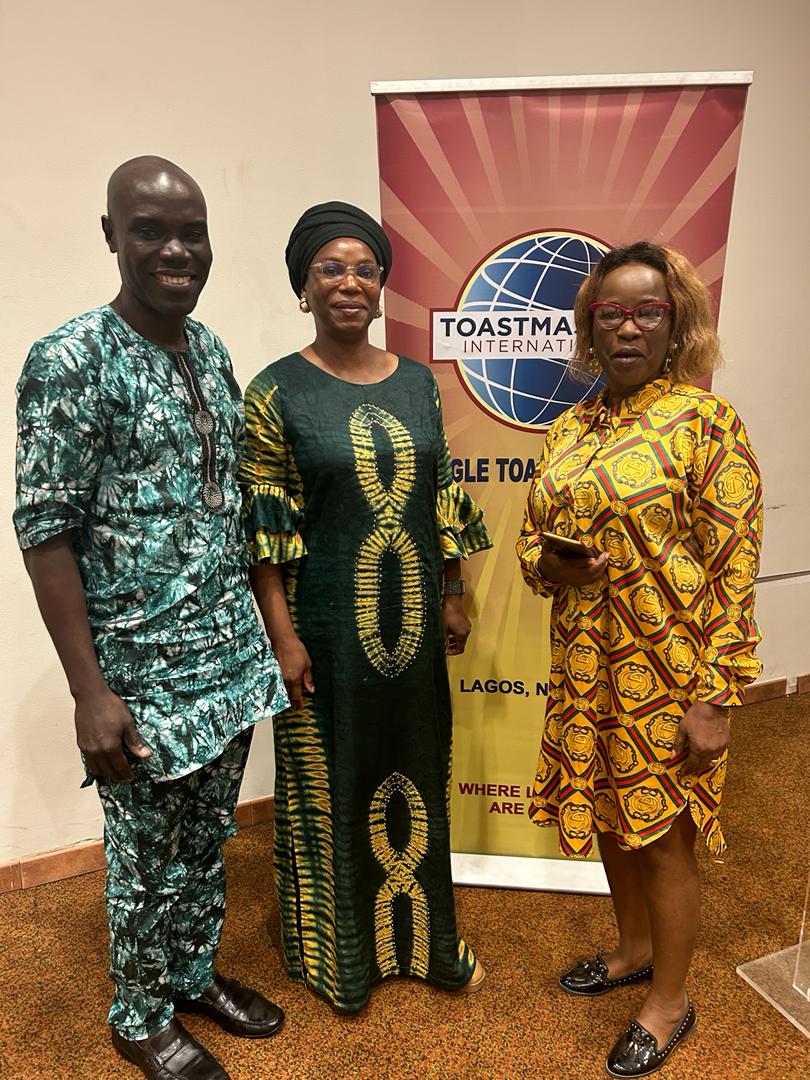Having a proper will is important for everyone. A will is a document that expresses your wishes for the distribution of your property after your death. It also names a guardian for your minor children. It is different from a living will, power of attorney, or personal directive, which specify your medical treatment preferences and authorize someone to handle your legal and financial matters.
Some people only think about writing a will when they start a family. They want to protect their spouse or partner and ensure their children are taken care of. However, even if you are single, a will is still important if you want your assets to go to a specific relative, friend, or charity.
It is crucial to create your will correctly to avoid delays and disputes. Mistakes or unclear instructions can lead to problems and create unnecessary stress for your family. Dying without a will can be even more challenging for your loved ones. While state laws determine who receives your assets, the absence of an executor, who is responsible for managing your estate and carrying out your wishes, can cause conflicts and further delays.
Here are seven tips to help you get started with your will:
- Name an executor: Choose someone you trust to carry out your instructions. It is a good idea to ask them before writing your will.
- Name a guardian for your children: If you have underage children, designate a guardian who shares your values and will fulfill your wishes if both you and your spouse or partner pass away.
- Be specific: If you have specific requests, such as giving a certain amount of money to a family member, friend, or charity, clearly state it in your will to avoid confusion or disputes.
- Update regularly: Review your will every few years to make any necessary revisions.
- Will kits vs. professional advice: While DIY will kits are available, it is advisable to seek professional guidance to avoid costly mistakes and surprises for your heirs.
- Sign your will: Ensure you sign your will properly and meet all the legal requirements, including signatures and witnesses. A legal professional can help you ensure its validity.
- Keep your will in a safe place: Wills can be registered at the high courts and copy retained with your lawyers. Store your will in a secure location, such as a safety deposit box, and keep a copy at home. Inform your executor about the whereabouts of the original will.
Remember, this information is provided for guidance purposes only and does not constitute legal advice. If you have any doubts or questions, it is always best to consult a professional.






